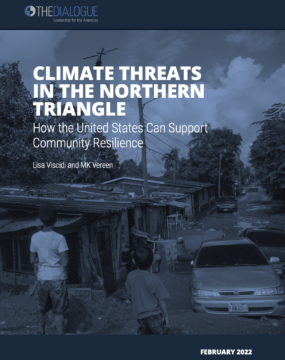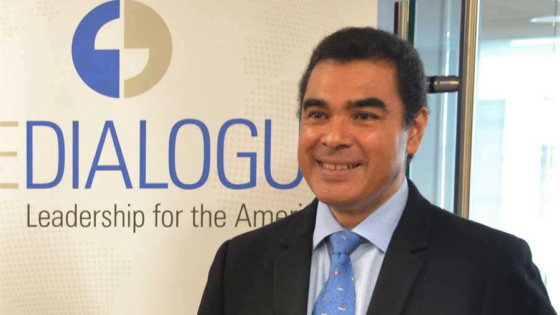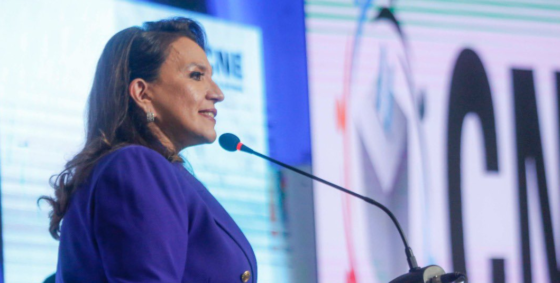
Are ESG Goals Having an Impact in Central America?
A Latin America Advisor Q&A featuring experts’ viewpoints on ESG goals in Central America.
A Latin America Advisor Q&A featuring experts’ viewpoints on ESG goals in Central America.
The report recommends leveraging remittances through financial access, education, and investment in order to strengthen economic developments and reduce the need for Central Americans to migrate in the first place.
Este informe presenta un análisis de las tendencias migratorias y el efecto que las condiciones políticas pueden tener en la movilización.
On June 14, 2022, the Inter-American Dialogue hosted a webinar presenting the main findings of its Task Force on Climate Change in the Northern Triangle.
A Latin America Advisor Q&A featuring viewpoints on private sector investment Central American economies.
This report includes the analysis of the pre-basic, basic, and high school educational levels in Honduras.
This report includes findings and recommendations to strengthen teacher policies in Honduras.
This report, informed by the Dialogue’s Task Force on Climate Change in the Northern Triangle, complements the recommendations of the previous report in the series, on themes such as agriculture, water, energy, and finance, with strategic recommendations for US assistance to foster effective and sustainable adaptation, especially through empowering local leadership.
On May 4 and 5, a delegation of task force members traveled to DC to share their insights and recommendations with officials from various US government entities.
Varios países en Centroamérica están demostrando preocupantes señales de desestabilización política y la comunidad internacional tiene varias herramientas legales que puede usar para reforzar el proceso democrático.
Electric vehicles (EV) play an essential role in mitigating transport sector emissions, reducing air pollution, slashing reliance on oil imports, and improving urban mobility. The six nations of Central America covered in this publication—Guatemala, Honduras, El Salvador, Nicaragua, Costa Rica, and Panama—are all at differing stages of developing EV markets.
On March 16, 2022, the Inter-American Dialogue hosted a conversation with Assistant Secretary Brian A. Nichols to discuss the Biden-Harris Administration’s efforts to tackle the root causes of migration from Central America to the United States. Michael Shifter, president of the Inter-American Dialogue, introduced the conversation, which was moderated by Manuel Orozco, director of the Migration, Remittances, and Development program at the Dialogue.
Rural subsistence farmers, ethnic communities, women, and young people are disproportionately affected by climate change in the Northern Triangle, according to a report by the Inter-American Dialogue, which focuses on adaptation in the region with an emphasis on climate justice and mitigating the impacts on vulnerable communities.
Manuel Orozco, director del Programa de Migraciones, Remesas y Desarrollo del Diálogo Interamericano, compartió su análisis sobre la llegada de Xiomara Castro a la presidencia de Honduras. Durante la entrevista se converso tambien sobre el viaje de la vicepresidente de los Estados Unidos, Kamala Harris, al acto de inauguracion presidencial y las oportunidades para que se estreche la relacion entre ambos paises.
A Latin America Advisor Q&A featuring experts’ viewpoints on the outlook of Xiomara Castro’s presidency in Honduras.
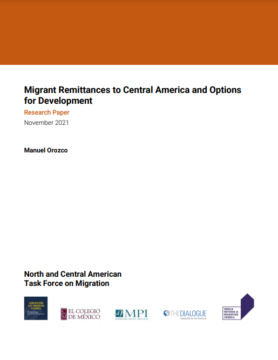
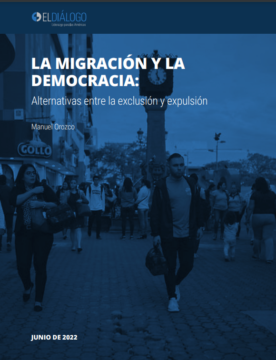
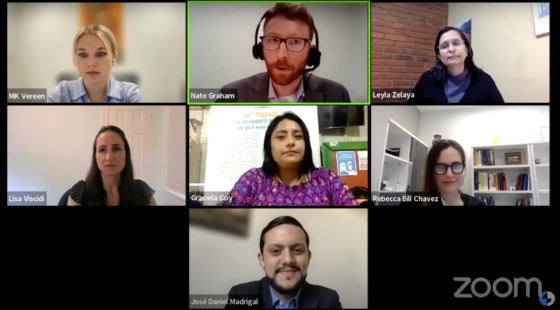 Video
Video
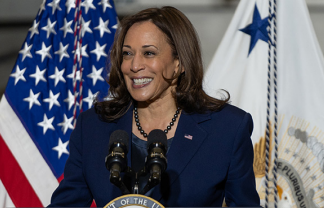
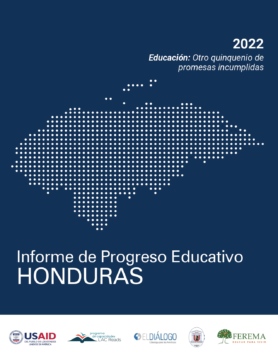
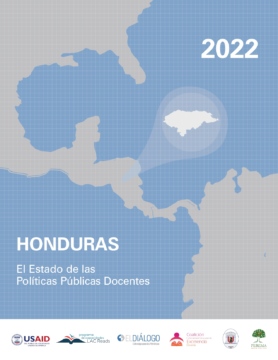
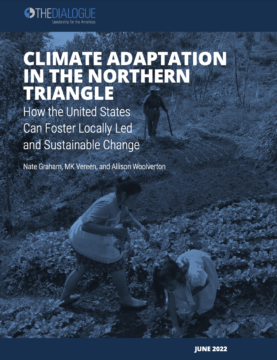
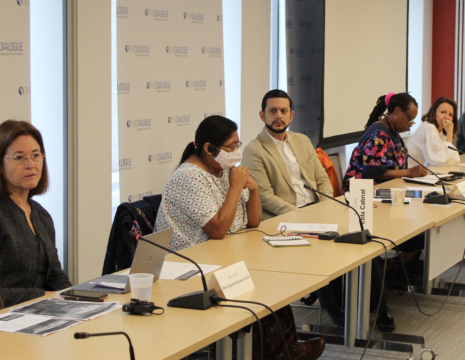
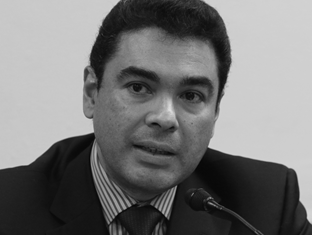
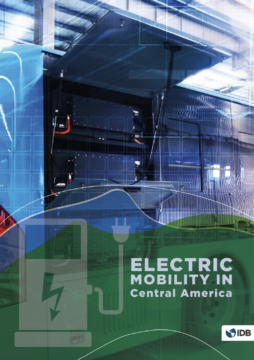
 Video
Video
